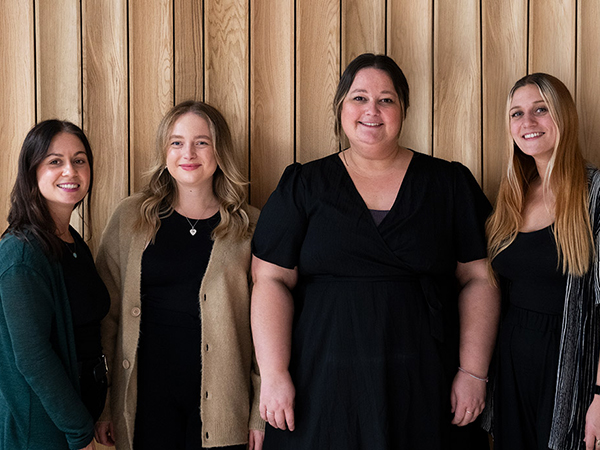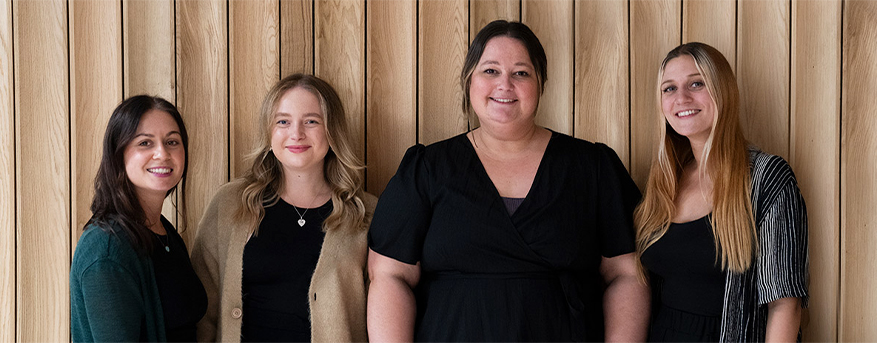Burma travel advice
Wildlife tips
Mark Huggins, from our supplier Undiscovered Destinations, shares his Burma travel advice:
“Near Kalaw there is a locally-run project which looks after former working elephants. It was one of the best things I did – you learn about the elephants and help wash them in the river which is amazing – and in a really beautiful setting. It also supports local community projects and microfinance initiatives. The elephants are very well looked after, a vet comes to see them every week, and only a certain number of tourists are allowed to see them every day. It’s not well promoted, the local people are just trying to use the project to protect the forest. After visiting hours, the elephants wander back into the forest, and the mahouts fetch them the next morning. It looked very well done; you can see the medical books for all the elephants with the vets' notes about their conditions.”
“Near Kalaw there is a locally-run project which looks after former working elephants. It was one of the best things I did – you learn about the elephants and help wash them in the river which is amazing – and in a really beautiful setting. It also supports local community projects and microfinance initiatives. The elephants are very well looked after, a vet comes to see them every week, and only a certain number of tourists are allowed to see them every day. It’s not well promoted, the local people are just trying to use the project to protect the forest. After visiting hours, the elephants wander back into the forest, and the mahouts fetch them the next morning. It looked very well done; you can see the medical books for all the elephants with the vets' notes about their conditions.”
Culture tips
Barbara Bauer, from the organisation Partnership for Change, lives in Burma to support and develop responsible tourism initiatives. She shares Burma travel advice for travelling in a more sensitive way: “A respect for local customs is very important. It’s very Buddhist and very modest - yet people violate that standard all the time. The locals don’t say anything, partly because of language barriers but also because they don’t want to irritate tourists. Common sense should prevail when talking with the locals about politics and pressing them. If they appear willing to talk then that’s fine – ask them questions but don’t give deeply opinionated replies; political opinions are highly sensitive. So if a visitor says that Aung San Suu Kyi is perfect and never makes any mistakes and is quite vocal about that opinion, that’s not an appropriate conversation to have.”Tips on where to go
Andrew Appleyard, from our supplier Exodus, shares Burma travel advice for those travelling to Bagan and Inle Lake: “What you should go and see – and most people don’t – are the war murals of Genghis Khan in Bagan. He invaded the whole of Burma, and there are incredible murals depicting the Mongol invasion. No-one ever goes to see them because they’re in a remote part and they’re quite dark, but you can take a lamp and see all the wall paintings – which are absolutely beautiful.
On Inle Lake, everyone goes to the floating market and that’s an absolute tourist trap. What you need to do is find the fixed market – get a boat there first thing in the morning when all the locals are there, buying meat from the butchers' tables and the vegetable stands. The land-based markets all around the lake are also well worth going to. We wandered round for hours there wasn’t another tourist to be seen in the entire market. We brought a travelling Buddha and as we left, people were touching their hearts and waving. We really felt that the money we spent there was going directly to the people we were buying from.”
Irrawaddy river cruise, Burma
Sail the mighty Ayarwaddy in a unique experience of Myanmar!
From
£3500
11 days
ex flights
Myanmar 2 week insight tour
A restorative journey through Myanmar
From
US $1770 to US $1870
14 days
ex flights
Myanmar cultural tour, 16 days
A community and conservation based adventure through Myanmar
From
£5500
16 days
inc UK flights
Myanmar cycling, birdwatching & culture tour
Explore Myanmar by bicycle and birdwatch with experts.
From
US $2799 to US $3299
10 days
ex flights
Bagan hot air balloons and Yangan tour in Myanmar
Bagan hot air balloon flight and Yangon exploration.
From
US $2999 to US $3499
10 days
ex flights
Myanmar to Laos tour
Slow Travel - Border Pass Multi Countries Tour
From
US $2730
13 days
ex flights
Contact Us

Call us for a chat about our holidays. We are happy to discuss your holiday and help in any way we can. No bots, queues or awful hold music.
01273 823 700
Call us until 6pm
Calling from outside the UK

Health & safety in Burma
HEALTH
SAFETY
Most visits to Burma are trouble free. However, there are several ways you can ensure your trip is as safe and enjoyable as possible.
Burma tips from our travellers
At Responsible Travel, we think the best people to advise our travellers are often... other travellers. They always return from our tours with packing tips, weather reports, ideas about what to do - and opinions about what not to.
We have selected some of the most useful Burma travel advice that our guests have provided over the years to help you make the very most of your holiday - and the space inside your suitcase.
We have selected some of the most useful Burma travel advice that our guests have provided over the years to help you make the very most of your holiday - and the space inside your suitcase.

I'd recommend people go to Burma in June/July even though there's more chance of rain because the weather was really comfortable for us![]()

– Vered Hopkins
“Out of the twelve of us only one escaped an upset tummy, so be prepared and take appropriate medicine with you. (Don't let this put you off – we learned to live with it and it definitely did not spoil the trip.)”
– Karen Johnson
“Take small gifts for distribution amongst children. Smile at everyone, you won't be disappointed.” – Julie Milewski
“I read during the trip 'Letters from Burma', and 'Under the Dragon' by Rory Maclean, both powerful and moving books that start to give one an understanding of the complex and often tragic history of the country.” – Derek Turner
“This is not a human zoo. Life may be very different to what we're used to at home but it’s the norm to those who grew up there. If you want to take photos of people, interact with them first.” – Rosy Everitt
– Karen Johnson
“Take small gifts for distribution amongst children. Smile at everyone, you won't be disappointed.” – Julie Milewski
“I read during the trip 'Letters from Burma', and 'Under the Dragon' by Rory Maclean, both powerful and moving books that start to give one an understanding of the complex and often tragic history of the country.” – Derek Turner
“This is not a human zoo. Life may be very different to what we're used to at home but it’s the norm to those who grew up there. If you want to take photos of people, interact with them first.” – Rosy Everitt

Be prepared for some really early morning starts and long days sightseeing. We really need our three nights on the beach at the end.![]()

– Rosemary Mynors
“The tourist infrastructure is just being created so don't expect everything to be perfect... just enjoy being there before it becomes over commercial.” – Niki Young
“Try the food – Shan, Burmese, Chinese or Indian – it is wonderful. Be in Shwedagon pagoda at sunset – it is magical.” – Ehud Cohen
“If you go to Burma make sure you have large dollar notes, as you will get a better exchange rate.”
– Anne Higgins
“Look into the wide variety of options for sightseeing and experiences away from the main tourist route. It's all very safe; extremely interesting and the people are very welcoming.” – Jacqueline Scott
“Try the food – Shan, Burmese, Chinese or Indian – it is wonderful. Be in Shwedagon pagoda at sunset – it is magical.” – Ehud Cohen
“If you go to Burma make sure you have large dollar notes, as you will get a better exchange rate.”
– Anne Higgins
“Look into the wide variety of options for sightseeing and experiences away from the main tourist route. It's all very safe; extremely interesting and the people are very welcoming.” – Jacqueline Scott























